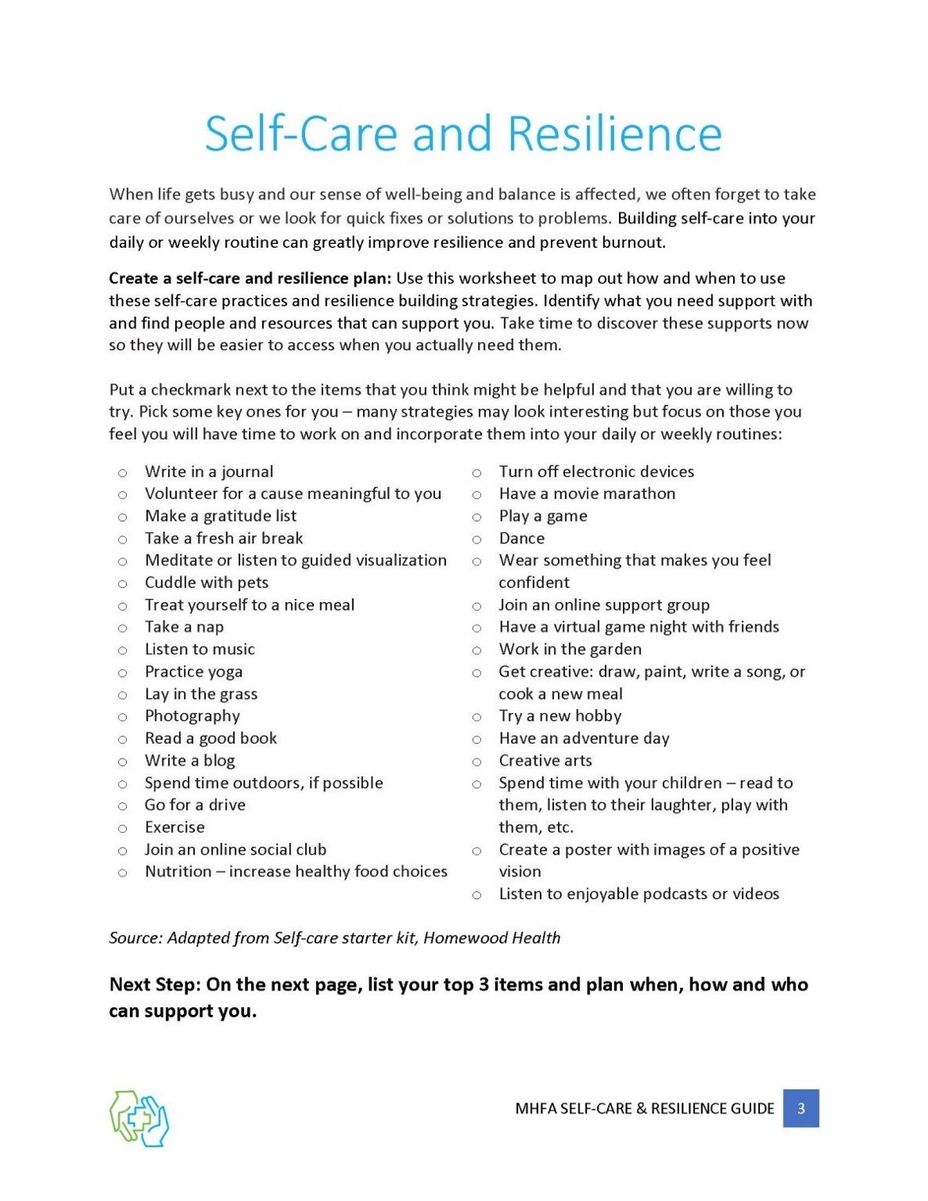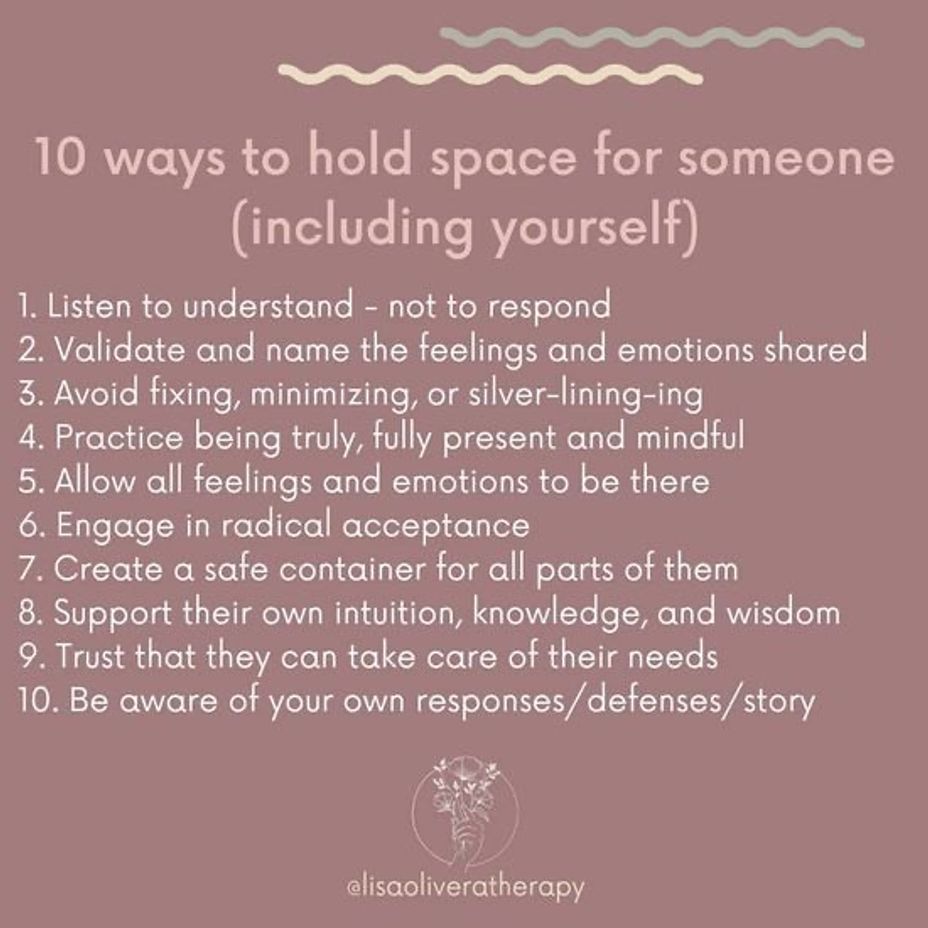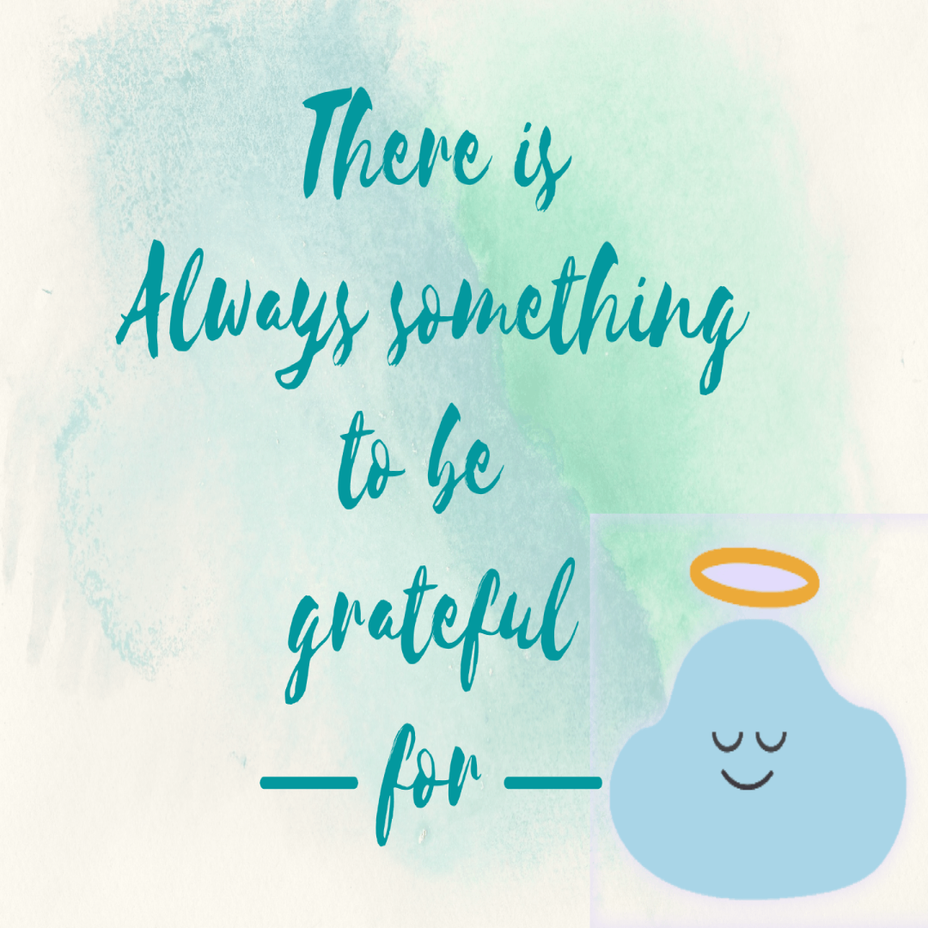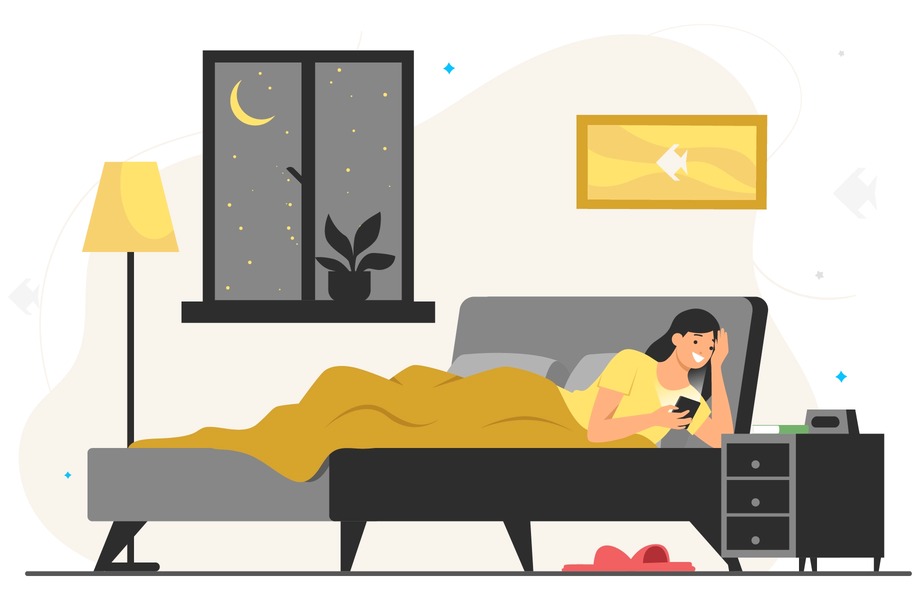In the fast-paced world we live in, it's no surprise that many individuals find themselves caught up in the whirlwind of daily responsibilities, leaving little time for self-care and relaxation.
One phenomenon that has gained significant attention recently is revenge bedtime procrastination. This peculiar behavior occurs when individuals deliberately delay their bedtime to reclaim a sense of control over their personal time, often at the expense of much-needed rest. In this article, we delve into the intricacies of revenge bedtime procrastination, its potential impact on well-being, and strategies to overcome this detrimental habit.
Understanding Revenge Bedtime Procrastination
Revenge bedtime #Procrastination is a term coined to describe the act of intentionally staying up late despite feeling tired. It's a response to the desire to regain a sense of freedom and autonomy over one's own time after a day consumed by obligations and responsibilities. While it may seem counterintuitive to sacrifice sleep, revenge bedtime procrastination provides individuals with a fleeting opportunity to engage in activities they enjoy without external demands.
The Negative Consequences
Although revenge bedtime procrastination offers a short-lived sense of freedom, it can have severe repercussions on both physical and mental well-being. Lack of sleep, as a result of staying up late, can lead to a myriad of health issues, including fatigue, reduced cognitive function, impaired concentration, weakened immune system, and increased risk of chronic conditions such as heart disease and diabetes. Additionally, the constant cycle of sleep deprivation can contribute to heightened stress levels, anxiety, and even depression.
Breaking Free from Revenge Bedtime Procrastination
Recognizing the detrimental effects of revenge bedtime procrastination is the first step toward reclaiming control over your sleep routine. Here are some effective strategies to help you break free from this habit:
Prioritize Self-Care: Understand that self-care is not a luxury but a necessity for your overall well-being. Make a conscious effort to allocate time for activities that rejuvenate your mind and body. Establish a Bedtime Routine: Set a consistent bedtime and create a relaxing routine leading up to it. This can include activities such as reading, taking a warm bath, practicing mindfulness, or listening to calming music. By following a routine, your body will learn to associate these activities with sleep, making it easier to unwind and fall asleep faster. Create a Digital Detox: The blue light emitted by electronic devices interferes with our body's natural sleep-wake cycle. Limit your exposure to screens, especially in the hours leading up to bedtime. Instead, engage in calming activities that promote relaxation and prepare your mind for sleep. Manage Your Time Wisely: One of the underlying causes of revenge bedtime procrastination is poor time management. Prioritize your tasks, set realistic goals, and establish boundaries to ensure you have ample time for both responsibilities and leisure activities. This will help you regain a sense of control over your daily routine. Seek Support: Breaking habits can be challenging, but it's easier when you have a support system. Reach out to friends, family, or even consider joining a support group where you can share experiences and strategies for overcoming revenge bedtime procrastination. Learn more about revenge sleep procrastination: productive.fish/blog/revenge-bedtime-procrastination
#Wellbeing #Sleep #SleepBetter #Productivity









